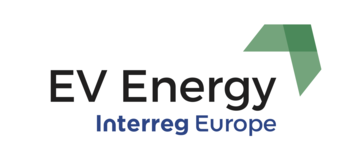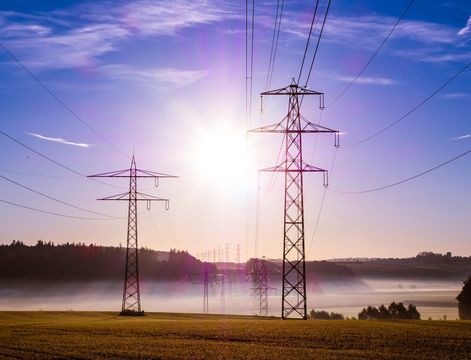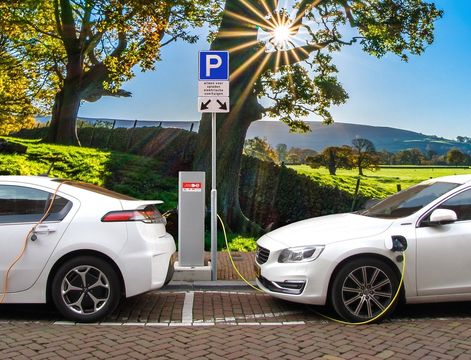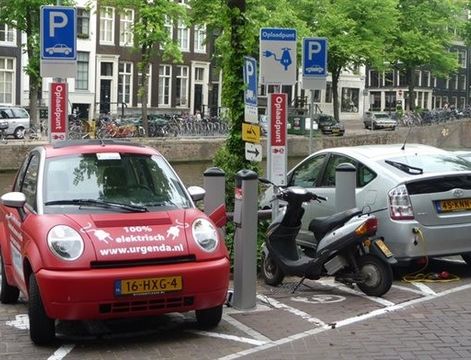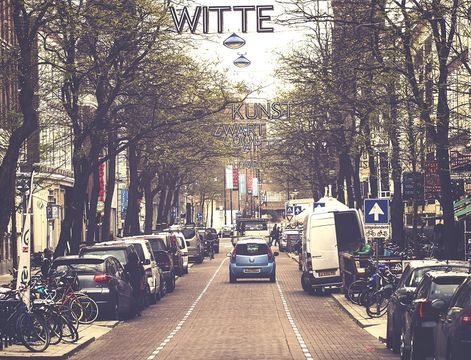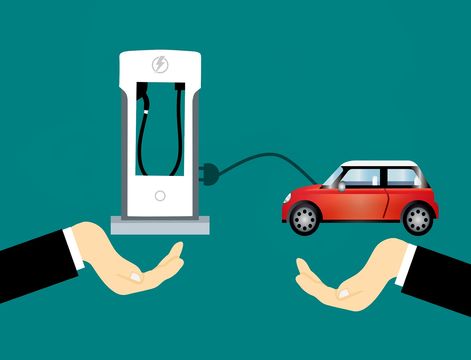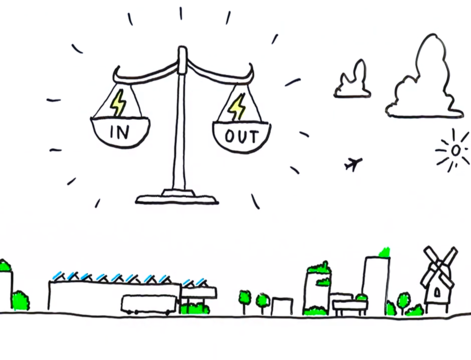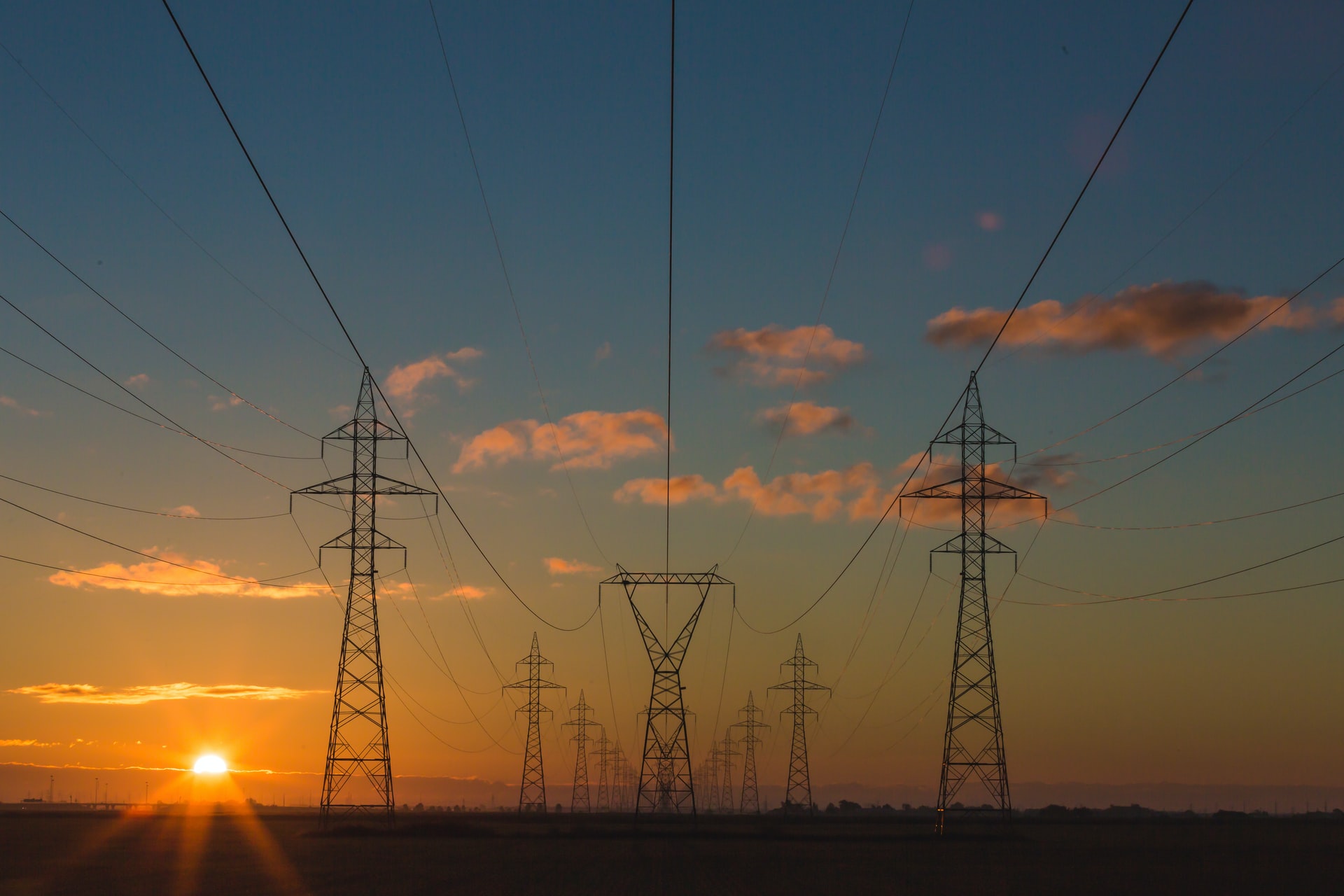The 1st Regional Stakeholder Event in Barcelona took place on the 27th June 2017 in the facilities of the Barcelona Chamber of Commerce.
The event gathered the most important private and public players of fields related to electric vehicles and renewables. Attendees ranged from representatives of the local and regional public administration, including the Metropolitan Transport Authority (ATM), the Catalan Energy Institute (ICAEN), the Catalan Cluster of Energy Efficiency, the Catalonia Institute for Energy Research (IREC), the private-public platform LIVE from the Barcelona City Council and the RIS3CAT Communities on Eco Mobility and Energy (cooperation projects co-funded by the ERDF).


The event started with a presentation of EV Energy project and its current state of the art as well as opportunities for stakeholders to engage in it. The introduction and later presentation of good practices from the partner regions evolved into an open discussion on Barcelona’s and Catalonia’s needs and potentials for development in the sector.
As stated by the stakeholders, Catalonia so far has treated electric vehicles and the energy system/ renewables as two separate fields and consequently faces a problem integrating them. Electric vehicles need to be not only grasped as means of sustainable transport but as an integral part of the energy system. That is to say that the potential of EVs as “energy storage on wheels” and to relief grid imbalances has not been exploited in Catalonia.
The capacities offered by these technologies do however face certain limits conditioned by the Spanish legislation of the energy market. This especially concerns auto generation/ consumption of energy that under the current policy framework is not possible or highly unprofitable. These policy and regulation deficits limit sector developments per se.
This let aside, stakeholders highlighted several points that Catalonia should focus on in the learning and transfer process from other regions. Specifically this concerns:
- Smart charging
- Electric system charge operator, related to energy management.
- Energy demand aggregation
Present stakeholders commented that necessary technology is already available in Catalonia but, as was highlighted again, there is a need for better regulation to be able to accelerate the implementation process of electric vehicles and renewable energies integration. Furthermore, it has been noted that the revision of regulations need to go along with new business model development and pilot projects available for citizen’s use. If not, technological development and political support in form of favorable legislation for these industries miss the mark when the adoption by the public fails.
In the context of the above mentioned it got clear that in the frame of the EV Energy project Catalonia can benefit from the expertise of other regions on viable regulations. One of the take away messages is that Catalonia's challenge is not that much of technological nature but rather a regulatory one.
Subsequent to the event stakeholders expressed a vivid interest in the project. Moreover, they referred to several other projects (e.g. Grow Smarter, NEMO, Eliptic, SEEV4-City) that include Spanish or Catalan partners and represent potential cooperation partners and open possibilities to find synergies. Overall, the event surely was a successful start to the regional policy learning process.
